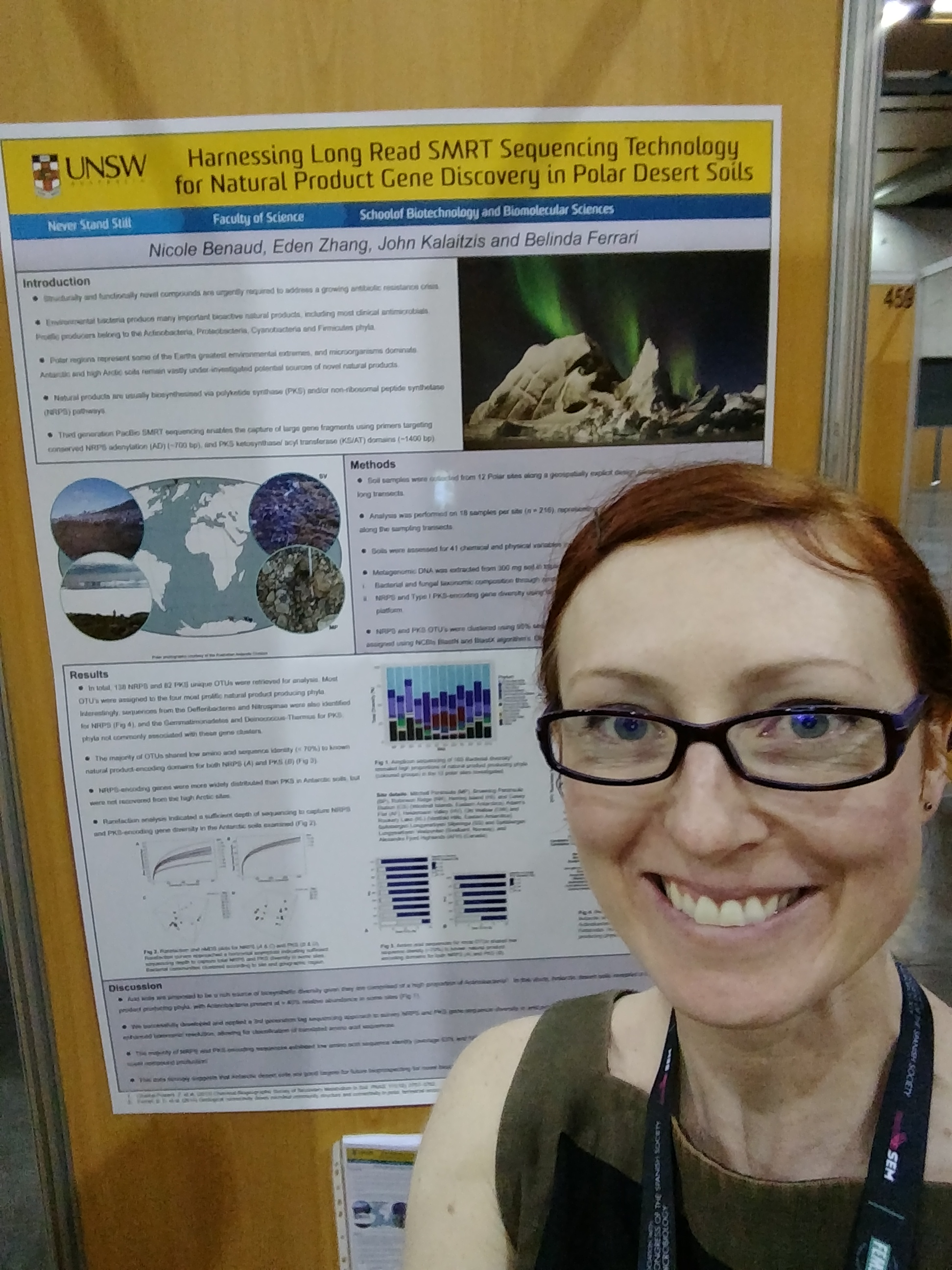BTN reporter, Emma has been on a journey to one of the world’s most remote and amazing places; Antarctica! She’s been meeting the people that live and work there and finding out why the frozen continent is so important to science
Check out the short video here: http://www.abc.net.au/btn/classroom/life-in-antarctica/10876796








